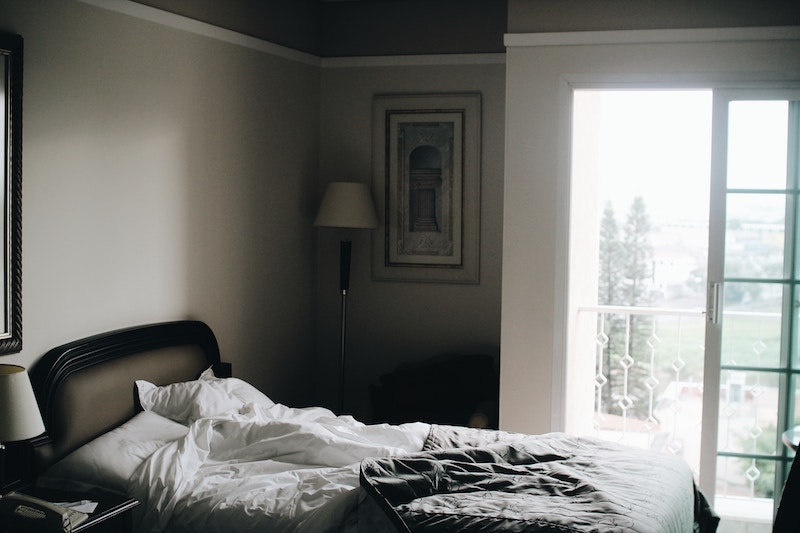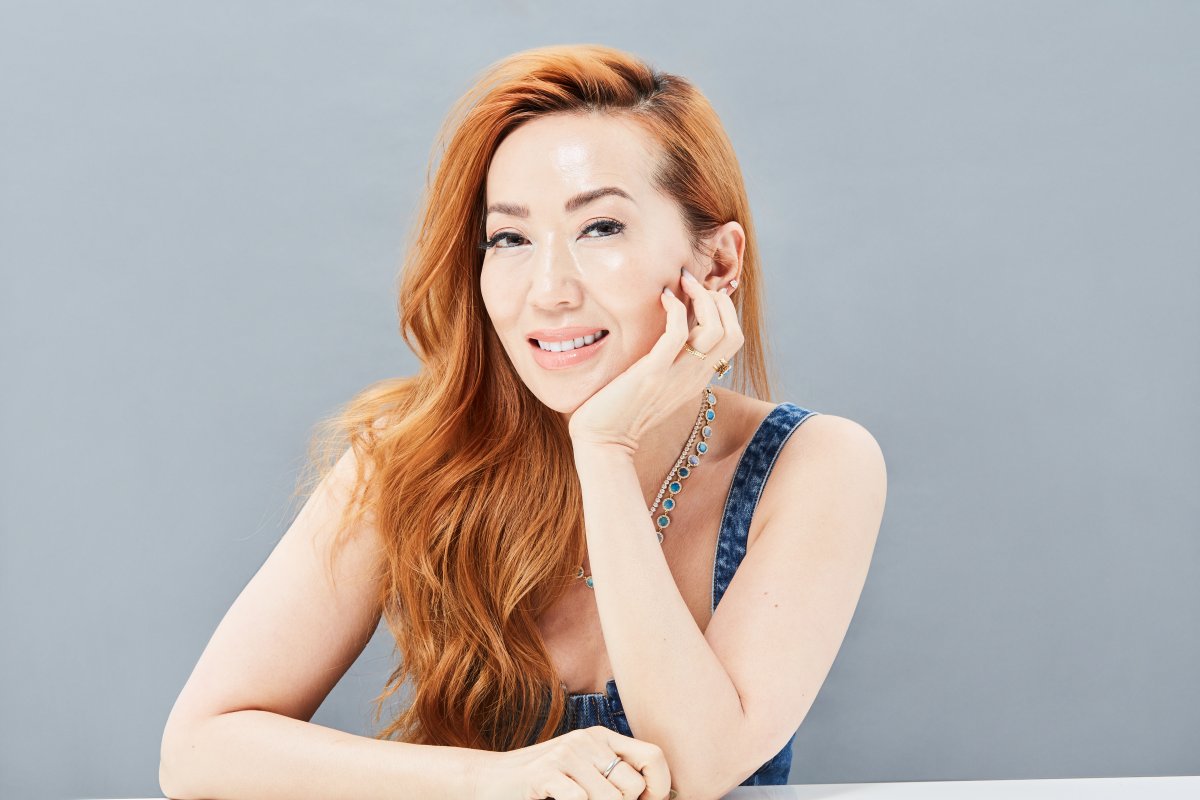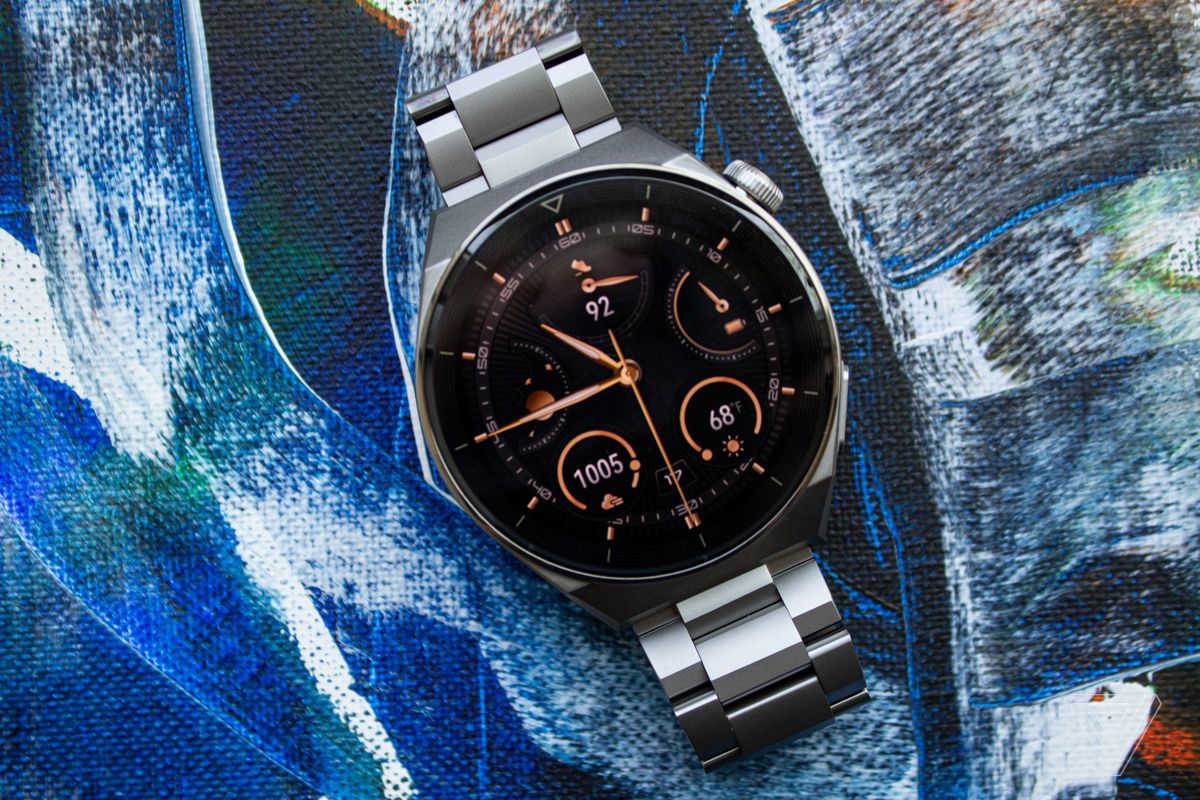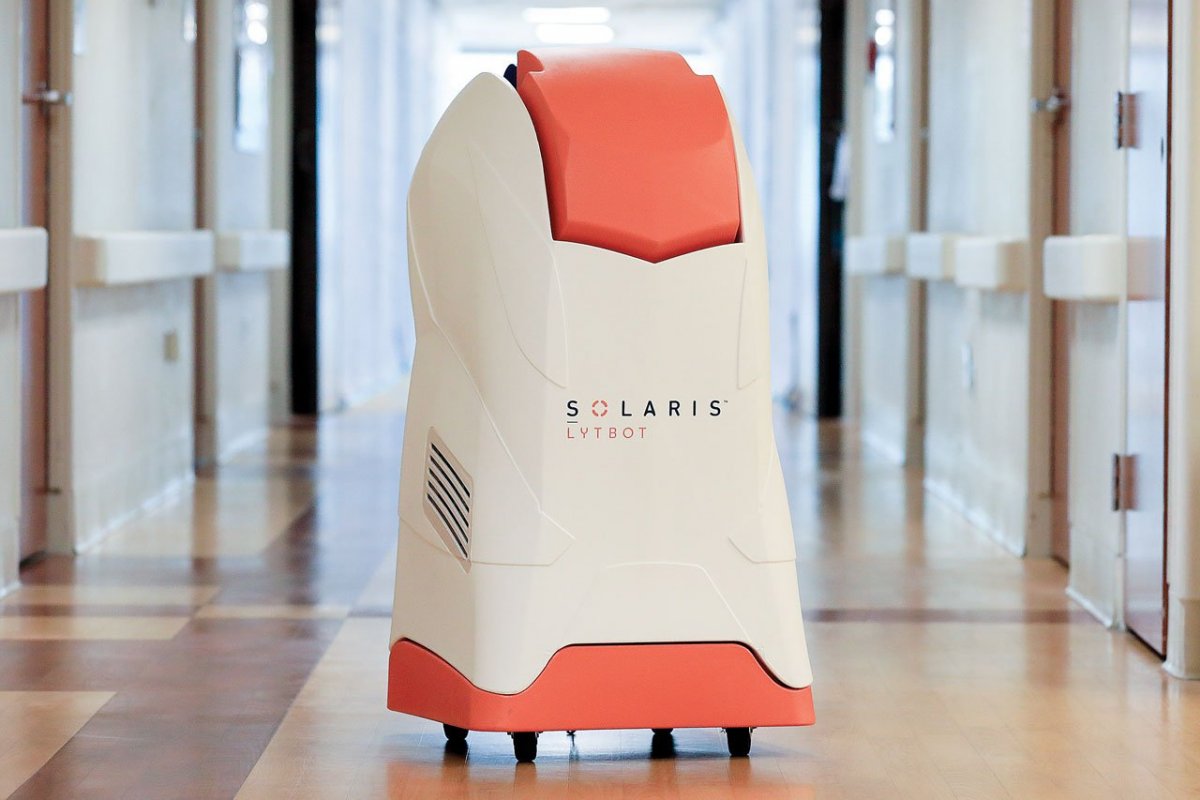We know it’s good for us, so why are so many people lacking proper sleep? Here, a look at the influences shaping our relationship with the zzz’s.
By Ed Hitchins and Grace Wei
Society has a problem with sleep. Our love affair with work-hard-play-hard culture keeps us on later than ever as we increasingly identify with the technology that keeps us connected. Connectivity is productivity, and we’re letting it into bed with us. That’s a big issue, and the truth is, our sleep-deprived lifestyles are making us inefficient.
This trend in our culture isn’t exactly news. Greek philosopher, Plato, summed up the go-getter’s seize-the-day approach to sleep in Laws where he tells us that, “when asleep no man is worth anything, any more than if he were dead: on the contrary, every one of us who cares most greatly for life and thought keeps awake as long as possible, only reserving so much time for sleep as his health requires.” We know that sleep is good for our health, so exactly how much can we afford to lose? How much is a tired man even worth?
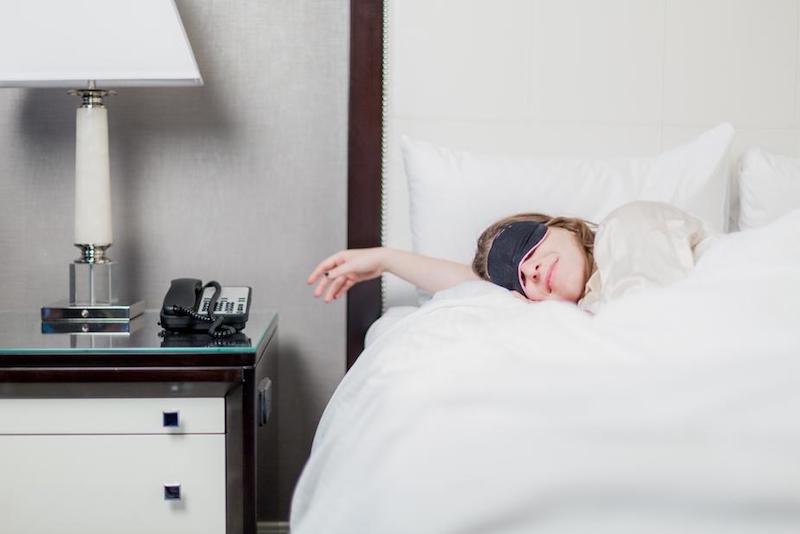

Our sleep habits are changing
Negative sleep-talk may be as old as our culture, but our sleep patterns have undergone significant changes since Plato stayed up with his thoughts. In his book, At Day’s Close: Night in Times, Virginia Tech history professor, A. Roger Ekirch, tells us that humans used to sleep in two four-hour segments as opposed to one long eight-hour stretch. The cost of losing what Ekirch refers to as our “Pre-Industrial Slumber” or “biphasic” sleep patterns is, “an expanded avenue to the waking world that has remained closed for most of the industrial age.” In other words, nighttime used to be a productive time to ponder the day. So what changed? The Industrial Revolution wired us against our biological rhythms to adjust to a stricter “on” during the day and “off” during the night. The loss of natural sleep patterns has made us even more unappreciative of sleep. When sleep feels like Plato’s death and industrial inefficiency, we shouldn’t be surprised at the low-value our culture places on it.
While the Industrial Revolution trained us to make a sleep switch in order to accommodate for the demands of modern labour, the Digital Revolution is altering our sleep patterns to accommodate the demands of increased connectivity. The technology that is supposed to make us more productive often does so by making us more available, but this constant availability is eating into the time we need to reflect and “sleep on” the work we’ve been putting into our day.
The benefits of sleep
It’s not like there hasn’t been good news for the sleep-lovers among us. The Dalai Lama is quoted saying that, “sleep is the best meditation,” and now that mindfulness is the new fitness, we should be interested in easy ways to keep ourselves competitively self-aware. Sleep isn’t just the new gluten-free way to cleanse the toxins out of your crown chakra; a study from the University of New South Wales found that moderate sleep deprivation produces similar effects of legally prescribed levels of alcohol intoxication in cognitive and motor performance. Dr. Reut Gruber, sleep intervention researcher at the Douglas Institute in Montreal, adds further that, “physiologically, when people are deprived for a short span of time, it can lead to obesity and cardiac issues. People’s immune system can become less protective and can get easily sick.”
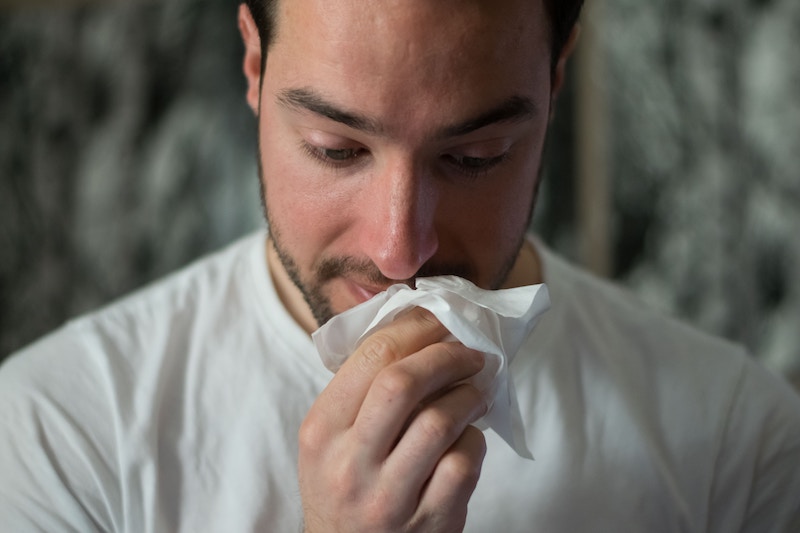

Despite the fact that we know we feel better when we’re rested, being able to perform on little sleep is often seen as a mark of competence. Huffington explains our culture’s sleep-avoidance as a way of identifying with our ambition through our physical performance. “A lot of people in our culture,” she says, “—especially hard-charging men— like to think they don’t need much sleep and even brag about it.’” The truth, however, is that less than one percent of the population actually qualifies as “short sleepers,” those rare few able to get by on little sleep without experiencing negative consequences.
So what kind of benefits is sleeping providing? A McKinsey & Company report marks an increase in creativity, improved perspective in decision-making, as well as higher emotional intelligence. The traits of tomorrow’s leaders are developed while they sleep. When we sleep, our brains process the experiences they’ve had throughout the day. We need to go through the various stages of sleep in order for this process to prepare us for the next day. If we don’t get a chance to do that, we begin to run our autopilot towards an inevitable crash.
The business of sleep
Given society’s relationship with sleep, it should be of no surprise that businesses have capitalized on a very lucrative opportunity. In 2017, a report by McKinsey & Company suggested the sleep business made huge profits — estimated between $30- and $40-billion US worldwide, with the profit margins increasing as high as eight percent every year. It’s one of the reasons why New York City-based mattress company, Casper, has gone from virtual newcomer to securing $170-million in series C funding, backed by major investors such as rapper 50 Cent and Boston Celtics point guard, Kyrie Irving.
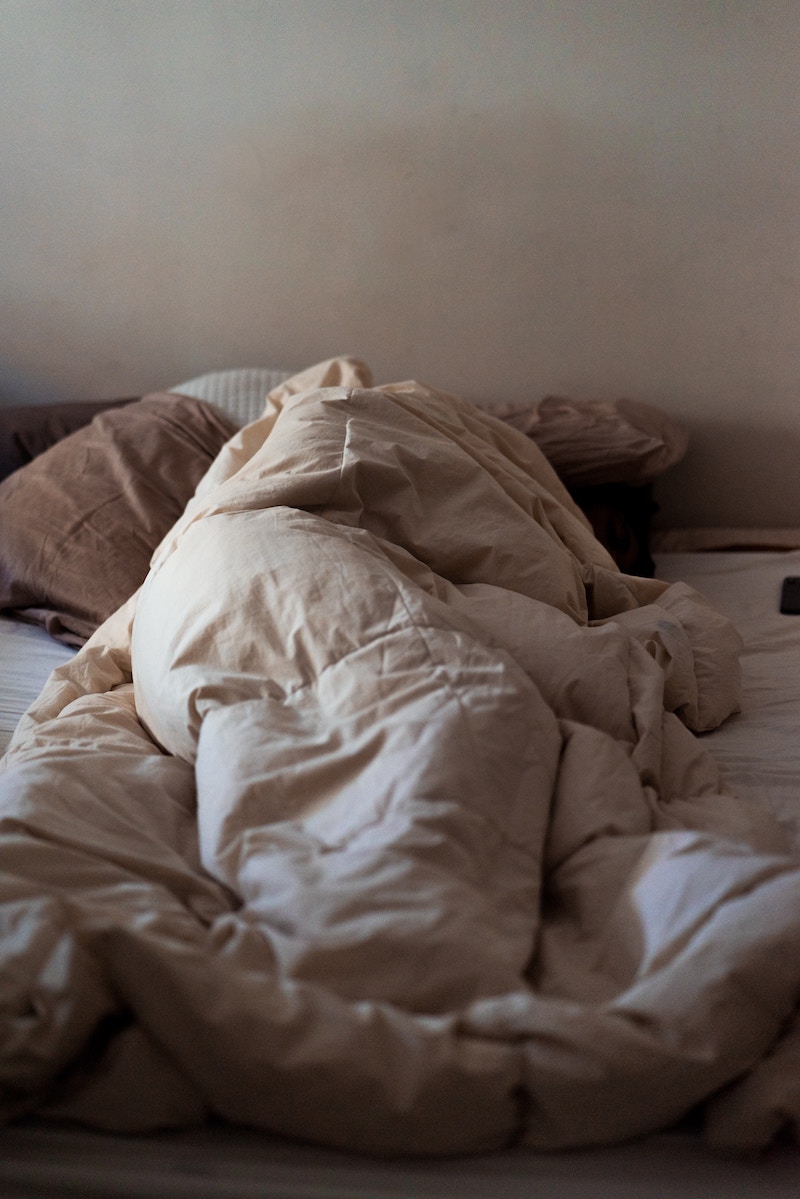

Easier said than done
It’s easy to think of sleep as inconsequential. On a macroscopic scale, sleep deprivation can come across like a privileged discussion. However, it also affects all socioeconomic levels. Huffington points out that, “the sleep deprivation crisis is global and afflicting people from all walks of life. For far too many people in the world, the vicious cycle of financial deprivation also feeds into the vicious cycle of sleep deprivation. If you’re working two or three jobs and struggling to make ends meet, ‘get more sleep’ is probably not going to be near the top of your priorities list.” In other words, it’s not just people who can afford to be worried about “beauty sleep” whose success is being undercut. The way in which poor sleep affects the economy are exemplified by the fact that the average US worker lost 11 days of productivity due to absenteeism or presenteeism (working while sick) in 2015. If we want to keep sleepless cities lit, we need to go to bed.
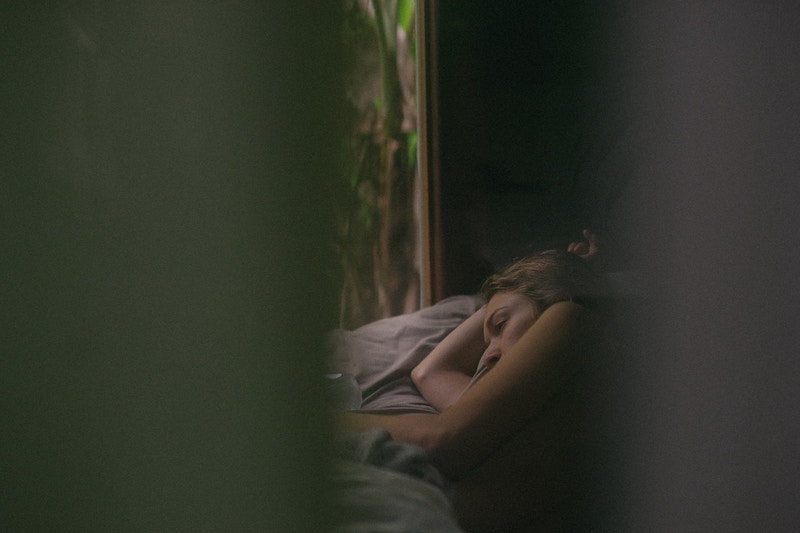

Developing better habits
While these lifestyle adjustments are critical in establishing healthy sleeping patterns most of us have been guilty of ignoring advice we know we should follow. We’re all set in our red-eye ways for one reason or another, but sleep is important; half of our lives are spent asleep, and it determines the quality of the other half. Change is hard, and figuring out what will work for you requires an individual solution. Try sleeping on it.


